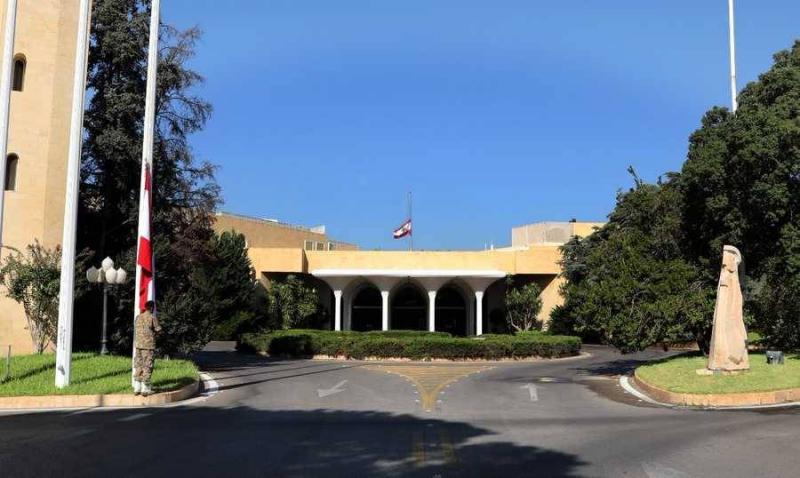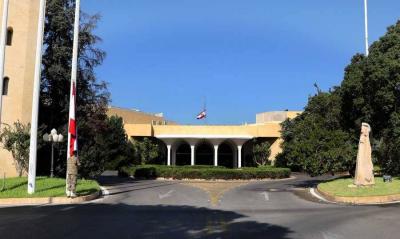The denial by some or their insistence on emphasizing the Lebanese nature of the presidential file does not negate its entry into the realm of internationalization after the failure of internal agreement between both sides to agree on a Lebanon-made president, according to "Nidaa Al-Watan." Well-informed political sources confirm that the presidential election issue has moved beyond its internal context into a path of internationalization.
These sources lament how far the internal political course has deteriorated into a tragic phase amid a deadlock over any possible solution, asserting that the presidential elections file in Lebanon has entered a highly sensitive trajectory. During his recent visit to Lebanon, Iranian Foreign Minister Hosein Amirabdollahian sought to gauge the atmosphere surrounding the presidential file and the Paris meeting while emphasizing Iran’s role in Lebanon through his announcement of its commitment to assist. Iran wants to be a partner in any meeting related to Lebanon and the presidential elections.
Based on revelations from the same political sources, Iran believes that Saudi Arabia connects the Lebanese file to the situation in Yemen. This means, if true, that Lebanon has again entered the fray of interlinked regional issues, and making a decision on the presidential matter has become unlikely for now unless based on a major settlement whose features will not be clear before next spring. Lebanon and its crises are no longer a priority for either the Arab world or even internationally. Even if the Paris meeting takes place, it will not yield significant decisions. Reliable information suggests that France's role in the meeting is extremely limited due to stagnation in the U.S. position and the uncertainty regarding Riyadh's participation in the meeting, which may prompt France to reconsider the meeting entirely, not to mention Iran's absence as a key player in the Lebanese file.
With the failure of internal consensus, Lebanon has opened its doors to external influences, and its fate hangs in the balance at a time when the region is experiencing diplomatic activity related to the Syrian-Turkish relationship, involving Iran as a direct party, where progress is needed to reach an agreement on border issues between the two countries at a time when Turkish President Recep Tayyip Erdoğan needs winning cards ahead of the elections scheduled for next June.
The outsourcing of the Lebanese file will not be surprising to those concerned with its crisis after they have struggled to agree on a unified vision for a solution. Both the opposition and "Hezbollah" and its allies find themselves in a similar predicament. Both sides have lost the ability to find solutions and agreements to break the presidential stagnation as they depend on external circumstances. Even "Hezbollah," while continuously asserting that the key to the presidency in Lebanon is in the hands of the Lebanese, has advised its unofficial presidential candidate, Sleiman Frangieh, to conduct a round of exploration to gauge external sentiments regarding his candidacy, but he returned empty-handed. This implies that the outside world has the final say in his election, just as it does for any other names. "Hezbollah" itself acknowledges the reality that any president elected without external approval will face the same fate as former President Michel Aoun, particularly regarding the lack of political and financial support, which Lebanon needs to emerge from its crisis.




